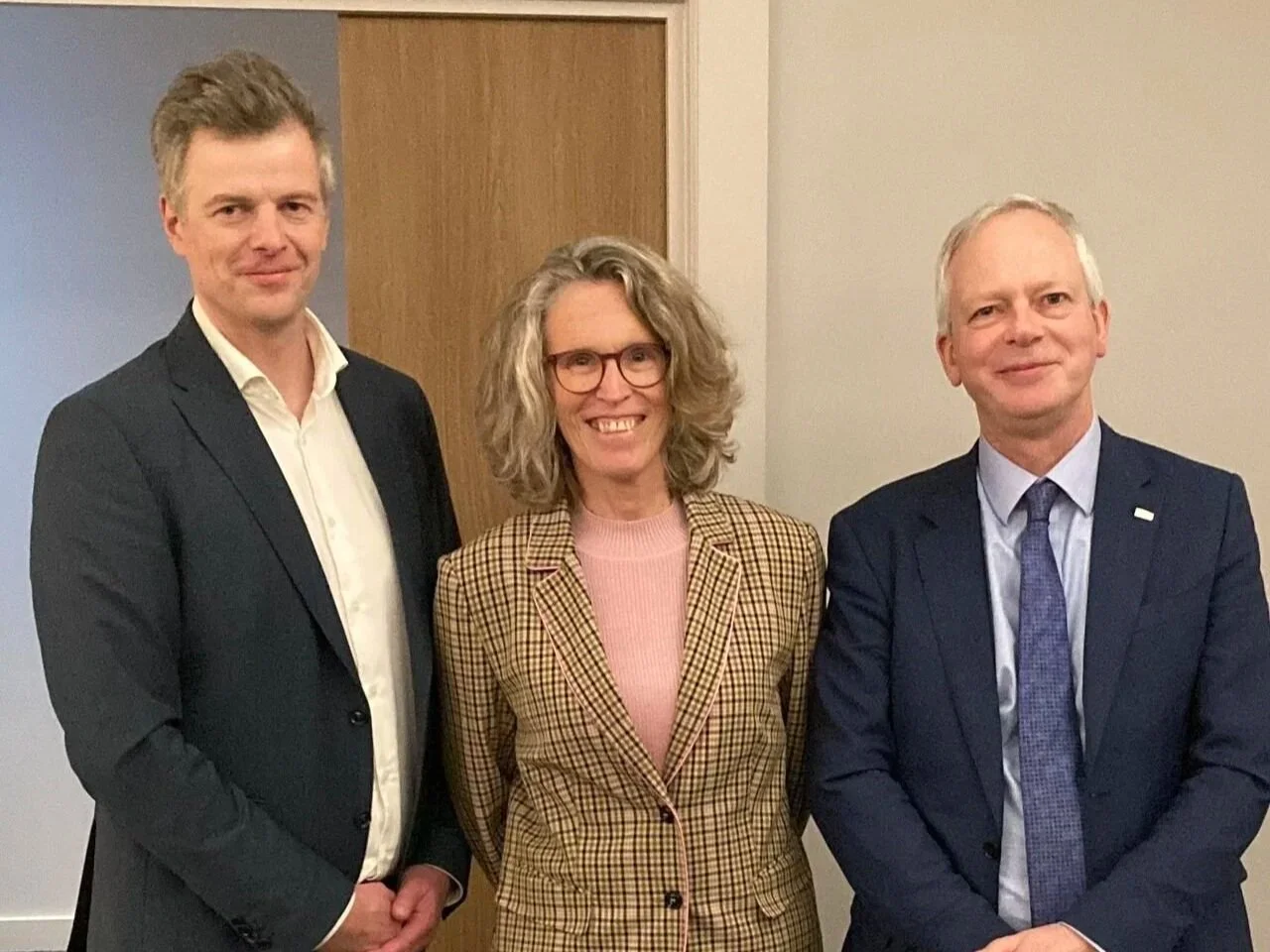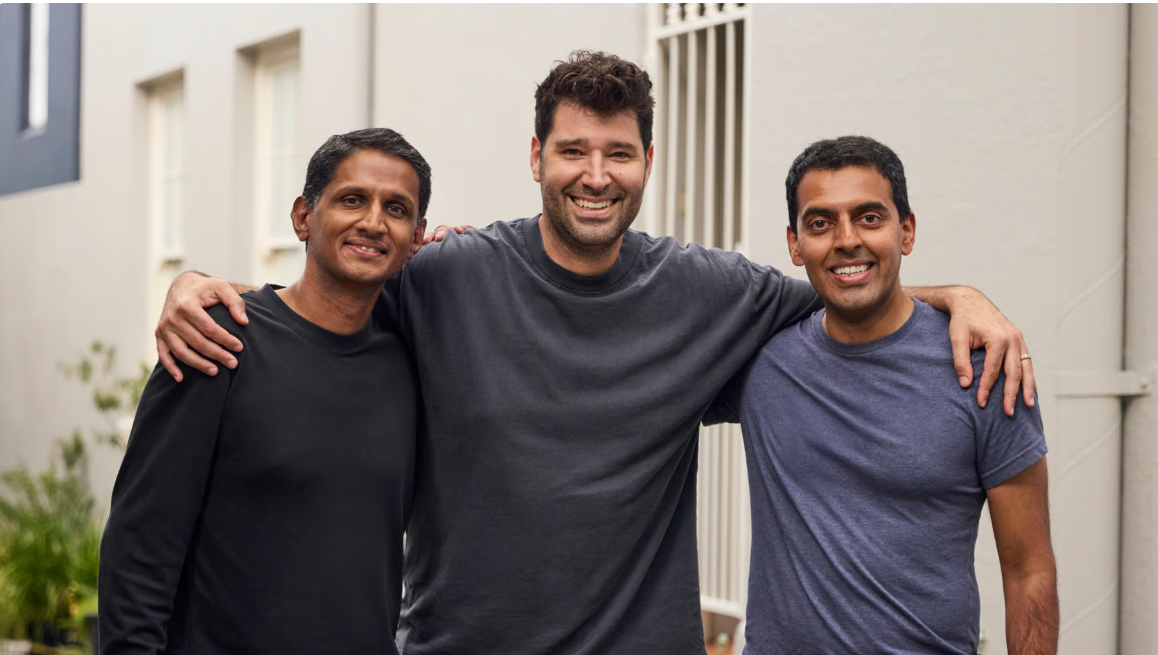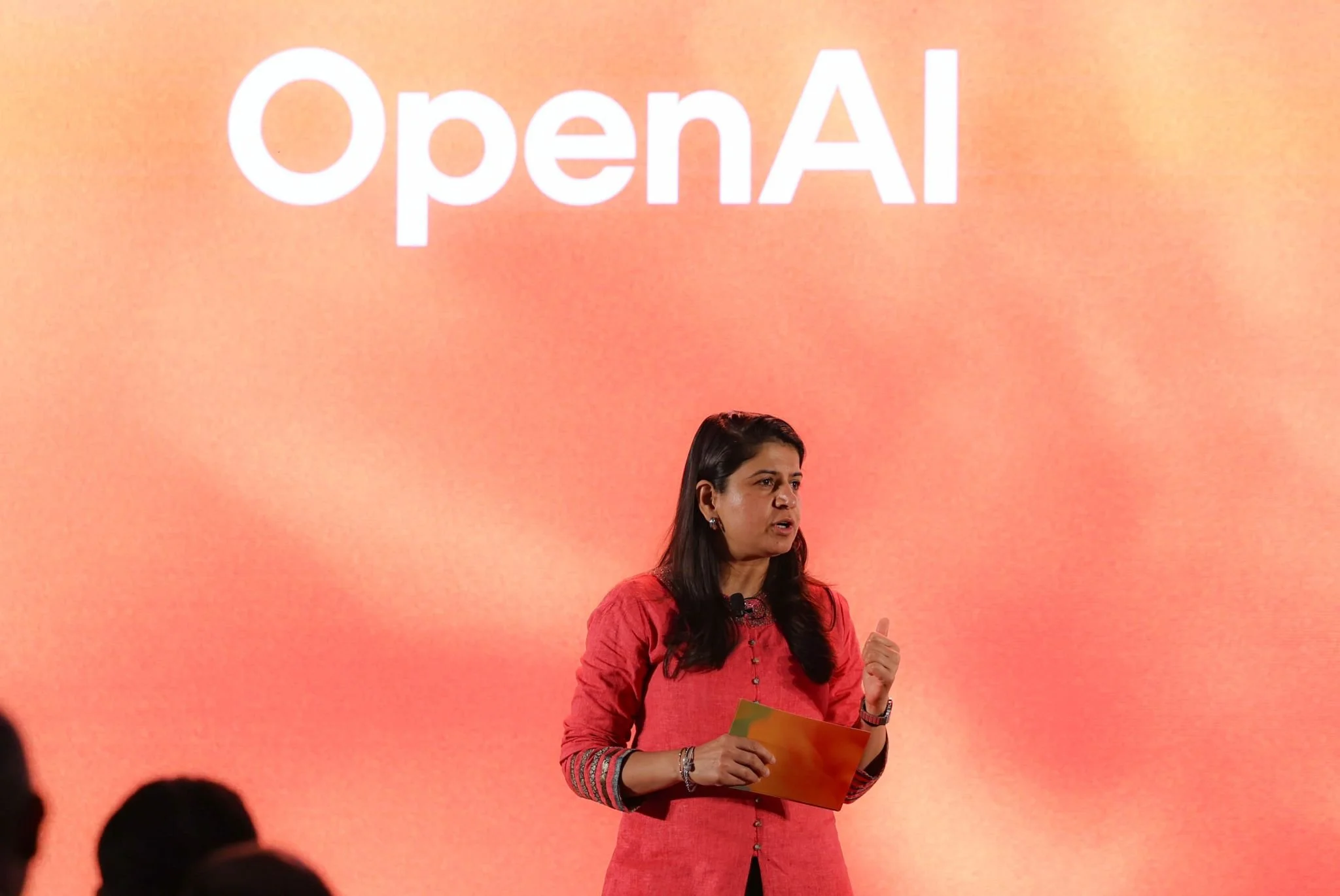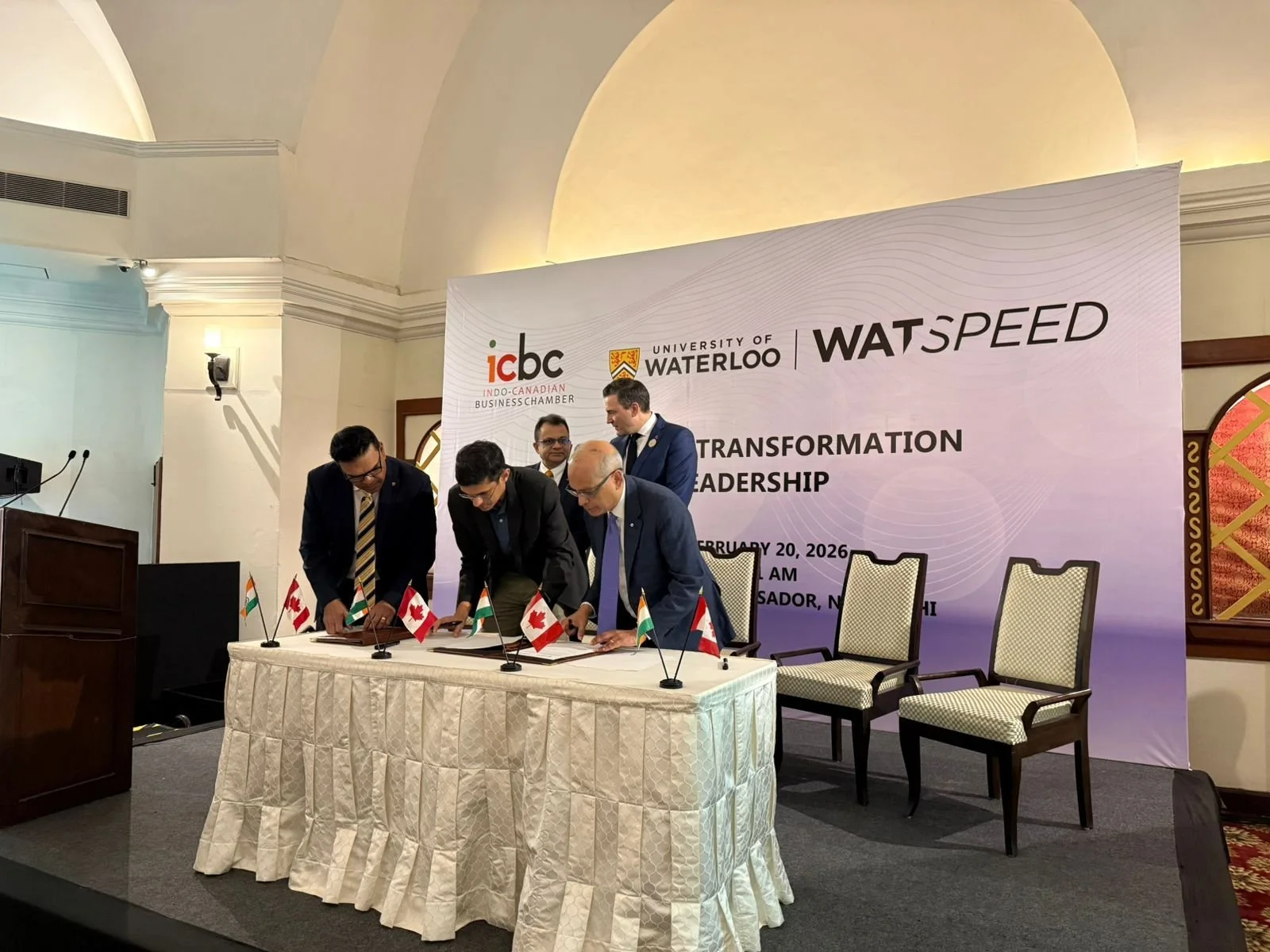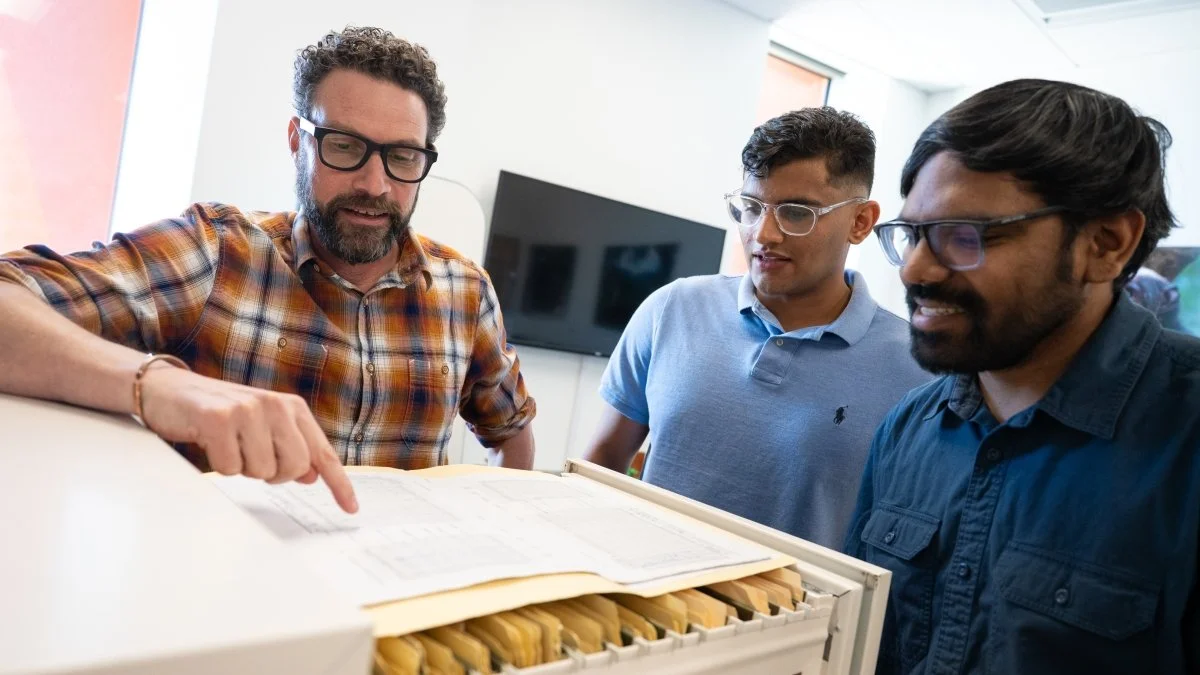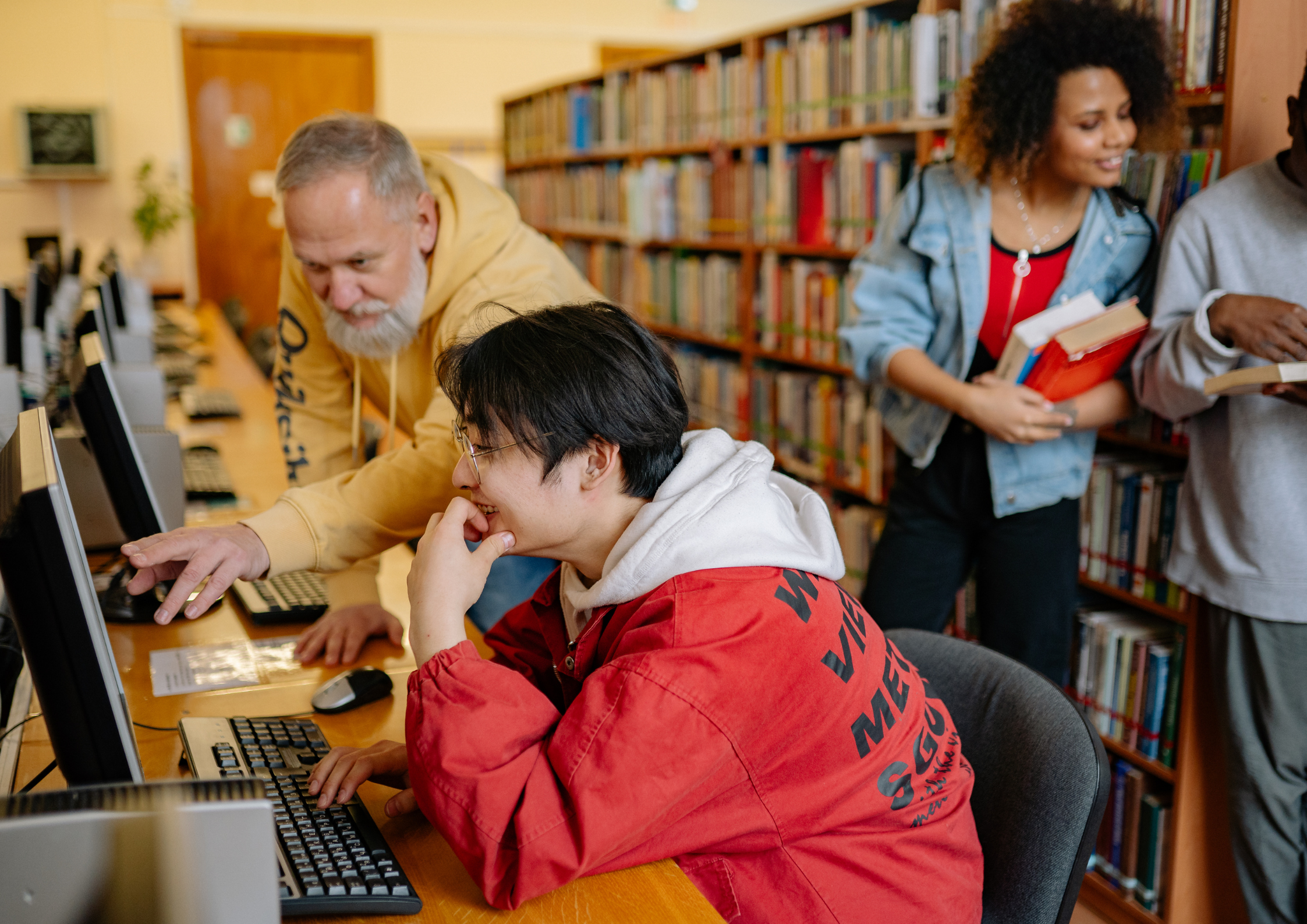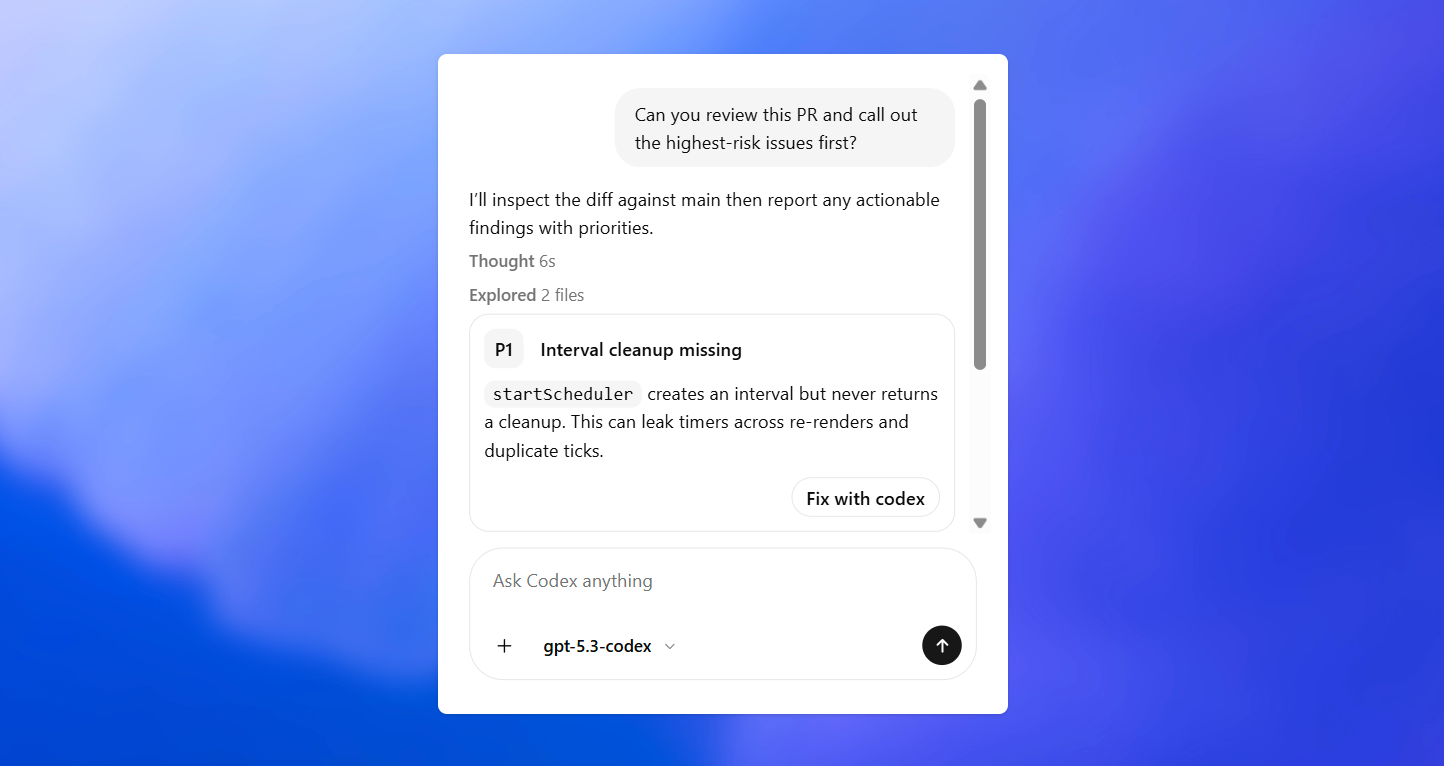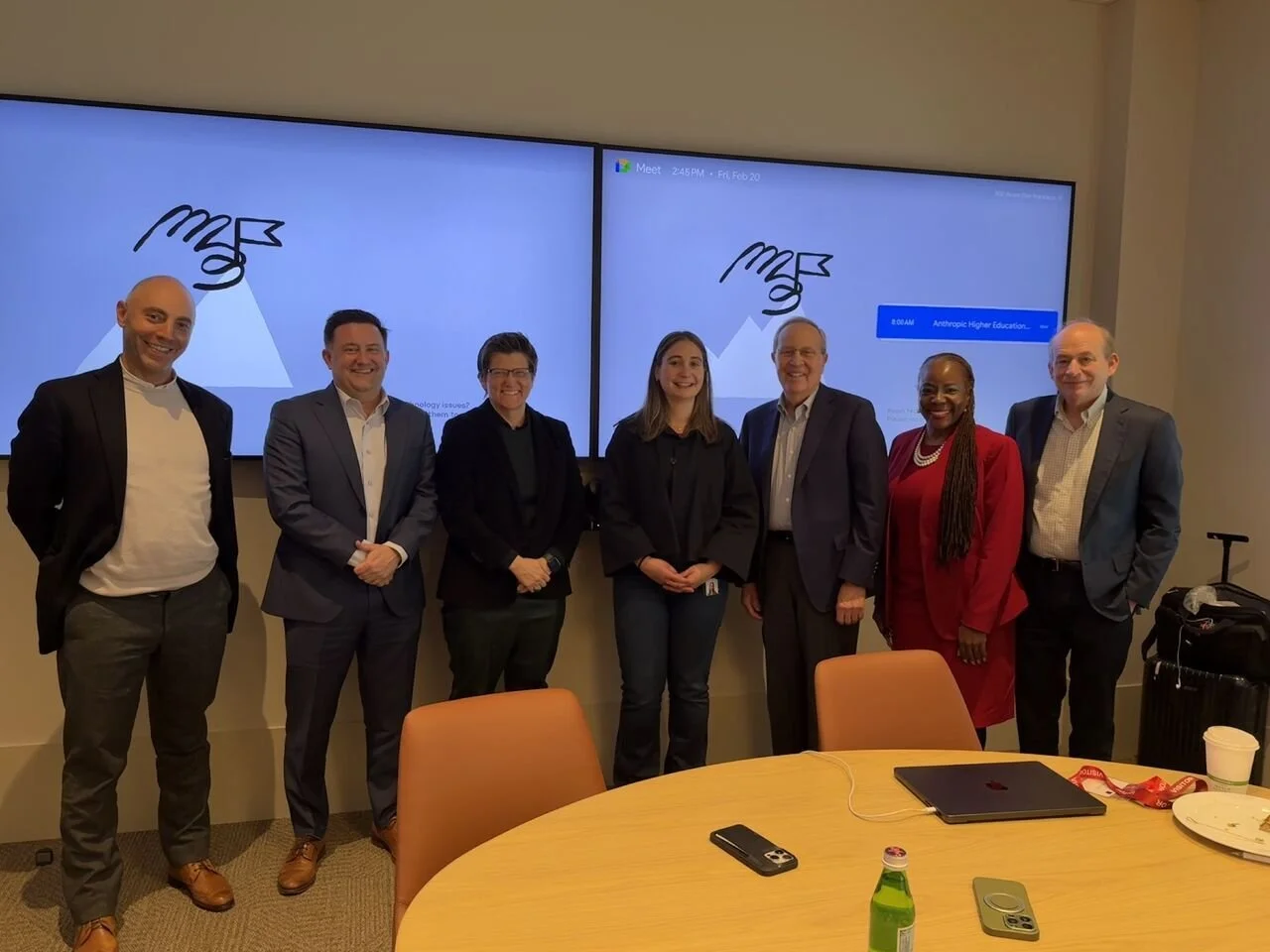Russell Group outlines new measures to strengthen UK-Germany research collaboration
The Russell Group, which represents 24 research-intensive universities in the UK, has published a new set of proposals aimed at strengthening research collaboration with Germany.
The update follows meetings in London between the German U15 delegation and senior leaders from Russell Group institutions. The announcement was shared in a LinkedIn post summarizing discussions held during the visit.
Germany is the UK’s largest European research partner, and both sectors have been assessing how to increase cooperation following the UK-Germany treaty signed earlier this year. Conversations in London also covered priorities for the next EU R&D framework program and the role of joint initiatives in supporting long-term scientific and economic goals.
New options to expand talent links and reduce red tape
The Russell Group briefing proposes several actions aimed at supporting mobility and reducing barriers to collaboration. These include expanding joint PhD and postdoctoral fellowships, increasing access to short-term scientific exchanges, and creating additional UK-Germany industrial PhD placements. The briefing also recommends aligning funding processes between UK and German research agencies to simplify applications.
According to the document, existing partnerships across engineering, AI, quantum technologies, life sciences, and social sciences provide a foundation for further collaboration. The briefing notes that links between the two countries already include co-supervised doctorates, joint centers, shared infrastructure, and partnerships with organizations such as the Max Planck Society and Fraunhofer Society.
The proposals also reference technical agreements between the UK Research and Innovation (UKRI) and the Deutsche Forschungsgemeinschaft (DFG), which currently allow engineering and physical sciences researchers to submit joint proposals through a single agency.
Sector leaders highlight shared research priorities
Russell Group Chief Executive Dr Tim Bradshaw says: “The UK-Germany treaty signed earlier this year came at a critical moment for our continent. Unlocking the full potential of the comprehensive R&D links Russell Group universities have built with the U15 and others in Germany is essential to making a success of the agreement.”
Bradshaw adds that researchers in both countries already work “extensively with each other to advance knowledge and create real impact for our economies and society,” and highlights the need for practical steps to support joint talent initiatives and reduce administrative barriers.
Professor Karla Pollmann, President of the University of Tübingen and Deputy Chair of the U15, says: “The relationship between U15 and the Russell Group is built on shared priorities, shared values, and a shared commitment to progress that is helping to change lives for the better.”
She notes that strengthening R&D ties will “help to transform our economic future,” referencing existing work between Tübingen and Russell Group universities across physics, precision imaging, biology, social sciences, and the humanities.
Next steps for UK-Germany research collaboration
The briefing highlights the significance of the UK’s reassociation to Horizon Europe and Germany’s position as the EU’s largest research participant. Both sectors expect discussions to continue around priorities for the next EU R&D framework program and opportunities linked to the UK-Germany treaty.
As the two research systems move forward, the Russell Group and German U15 are expected to continue coordination through further delegations, joint workshops, and engagement with sector funders.
Pollmann says: “The UK-Germany treaty set out new priorities for collaboration and a framework to boost existing links between universities and funders that can help to deliver on our shared ambitions as set out in the deal.”

